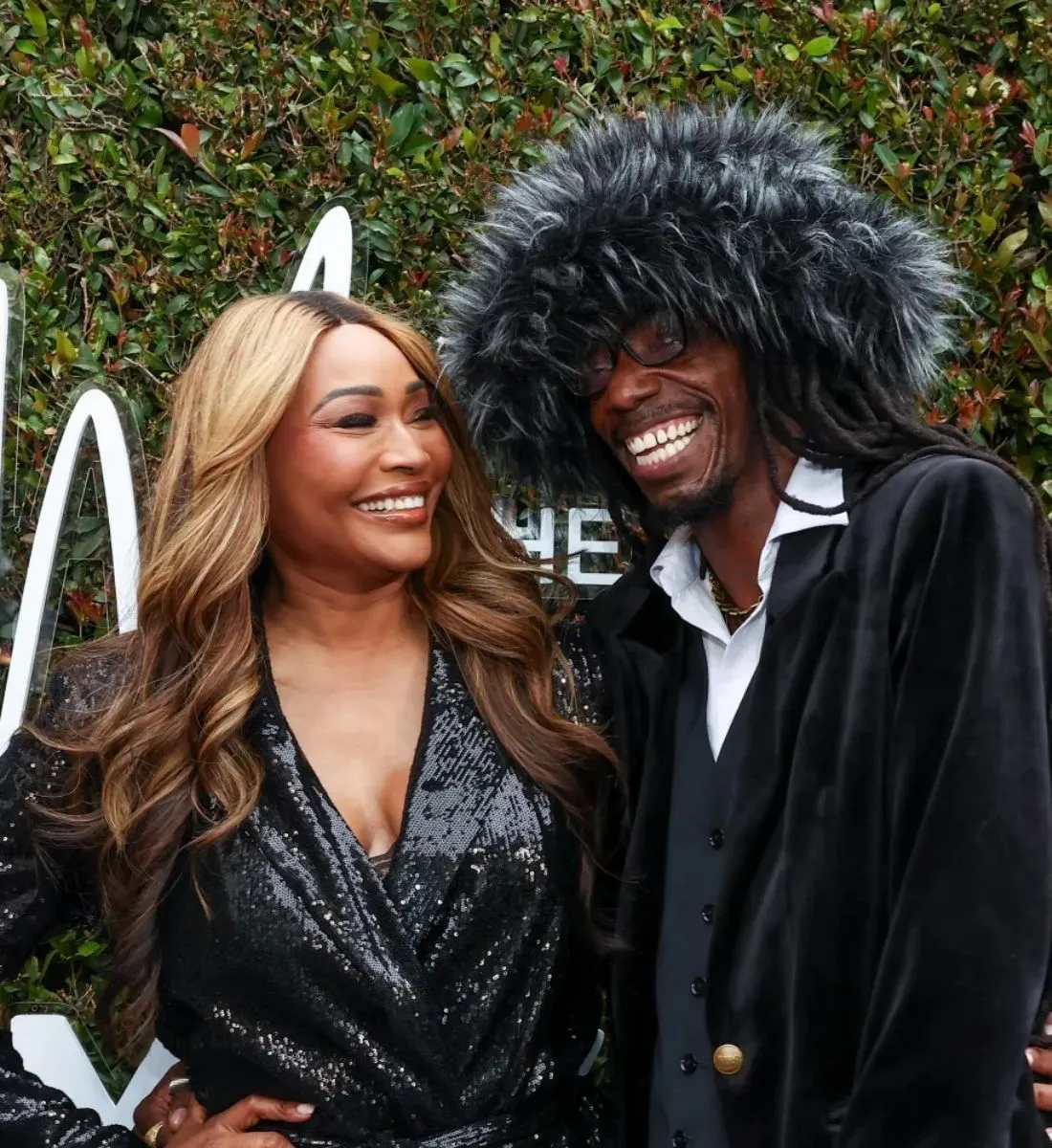The world of The Walking Dead is saturated with blood, fear, and the unrelenting urge to survive—but it’s not the zombies that keep us up at night. It’s the villains. The living. The broken humans who, somewhere along the way, became monsters far more terrifying than the walkers themselves.
From the cold, calculating Governor to the sadistically theatrical Negan, from the whispering nightmare that was Alpha to the eerie calm of Lance Hornsby, The Walking Dead has always delivered complex, haunting antagonists. But why do these villains work so well? Why do they hit so hard, feel so real, and sometimes—worst of all—feel understandable?
The answer is as grim as the world they live in: because they are us.
Monsters Made, Not Born
The scariest thing about the show’s antagonists isn’t their violence—it’s their humanity. These aren’t alien overlords or supernatural demons. They’re former teachers, fathers, mothers, and neighbors. Ordinary people twisted by grief, fear, and desperation. They are what happens when society collapses and moral lines blur.
Take The Governor. At first glance, he’s charming, even fatherly. But his grip on power, fueled by loss and paranoia, spirals into atrocity. Or Alpha, a mother who embraced savagery in the name of strength. In her mind, her brutality is protection—love, even. And then there's Negan, a man who built an empire on cruelty, yet later seeks redemption, forcing fans to question whether forgiveness has a place in this hellish world.
Each of these villains forces us to ask: What would I do? How far would I go? Who would I become?

Villains With Purpose
Unlike many genre shows where evil exists just to be defeated, The Walking Dead’s villains challenge the heroes—and the audience. Their philosophies clash directly with the protagonists’, often exposing uncomfortable truths. Rick wants to preserve his humanity; the Governor shows him how fragile it is. Maggie seeks justice; Negan reminds her justice doesn’t always feel like closure.
Even the worst of them believe they are right. And sometimes, that’s what makes them so dangerous.
The Painful Truth
Here’s the most depressing part: The Walking Dead’s villains are a reflection of what this world demands to survive. In this universe, good men die early. Mercy is punished. Hope is a liability. And those who thrive? They lie, kill, and lead with fear.
That’s why these villains stay with us. Because deep down, we recognize them. They’re not monsters. They’re survivors who lost their way—and in a world like this, that’s not the exception. It’s the rule.
The Final Horror
In the end, The Walking Dead doesn’t just scare us with gore. It scares us with a far more chilling idea: that evil isn’t always born in darkness—it’s born in the light, when that light slowly, painfully, goes out.
That’s why the show’s villains are unforgettable. Because one day, in the wrong world, under the wrong circumstances... they could be us.
-1749819843-q80.webp)

-1750596254-q80.webp)
